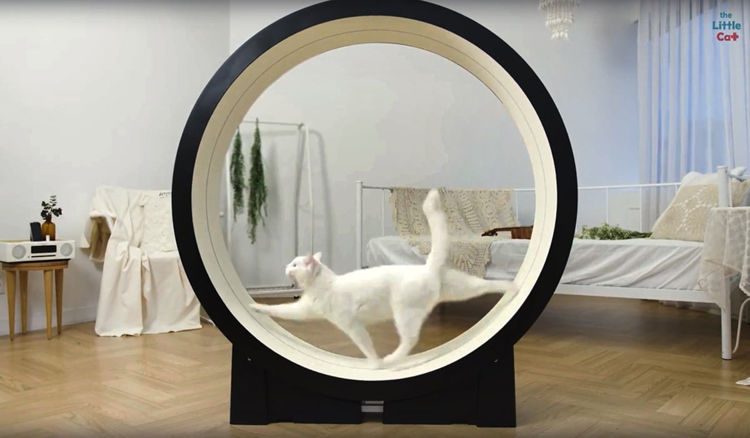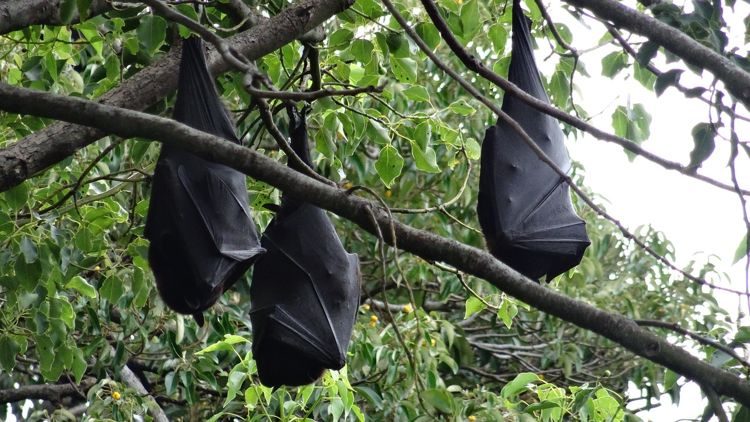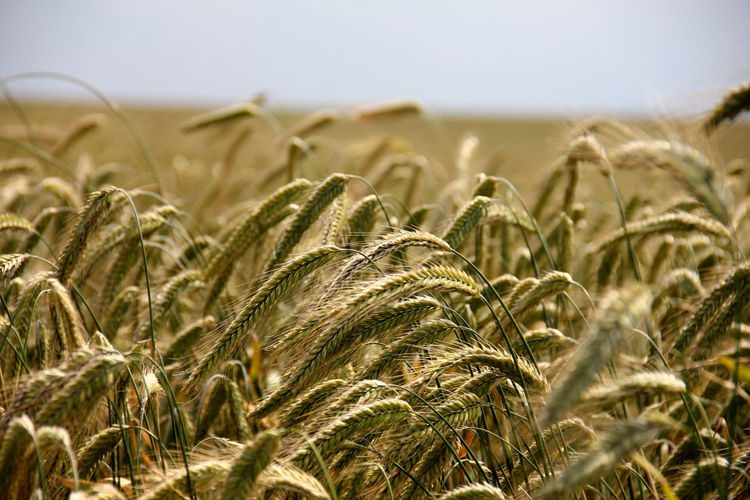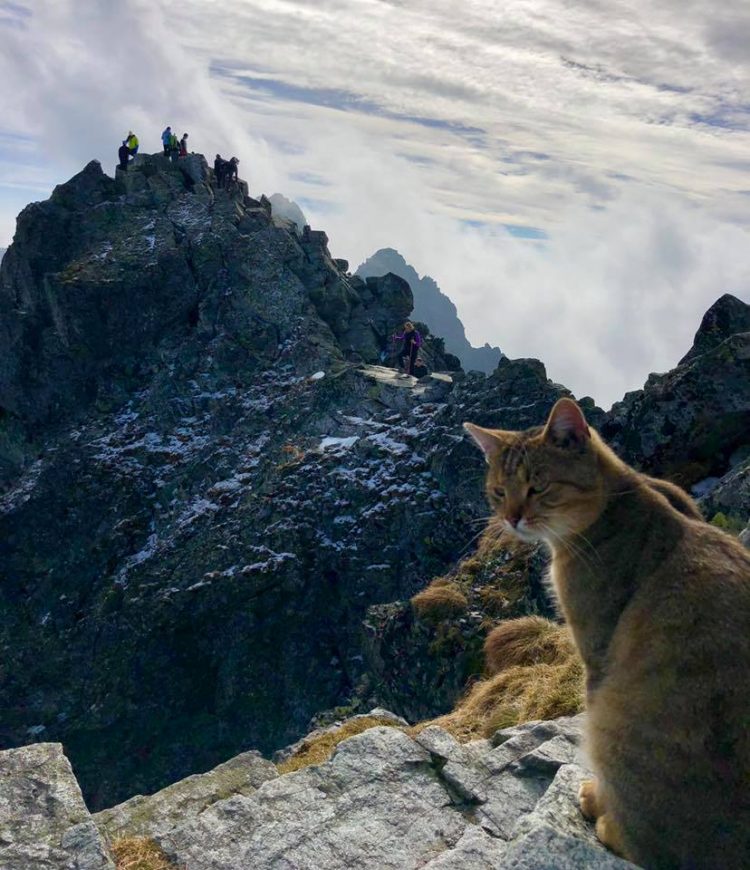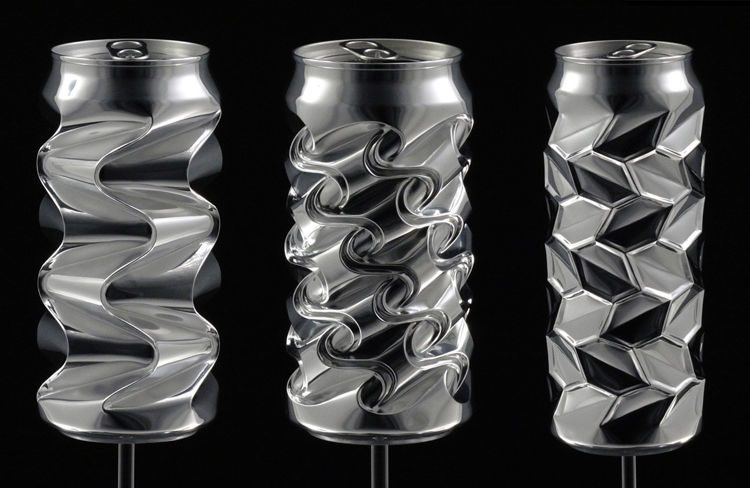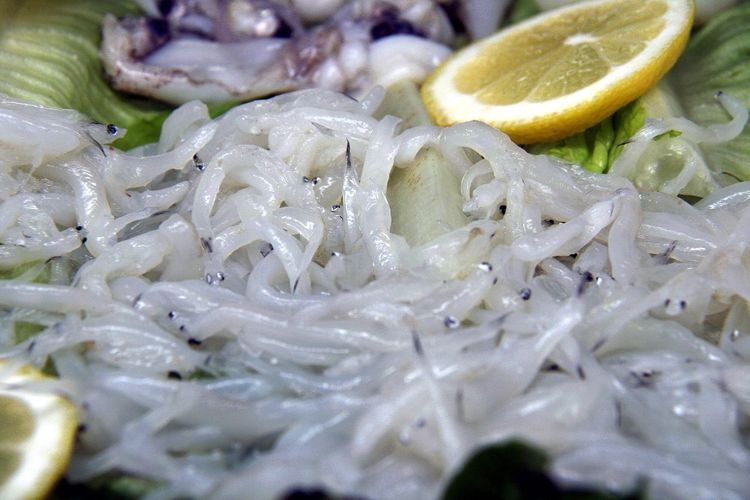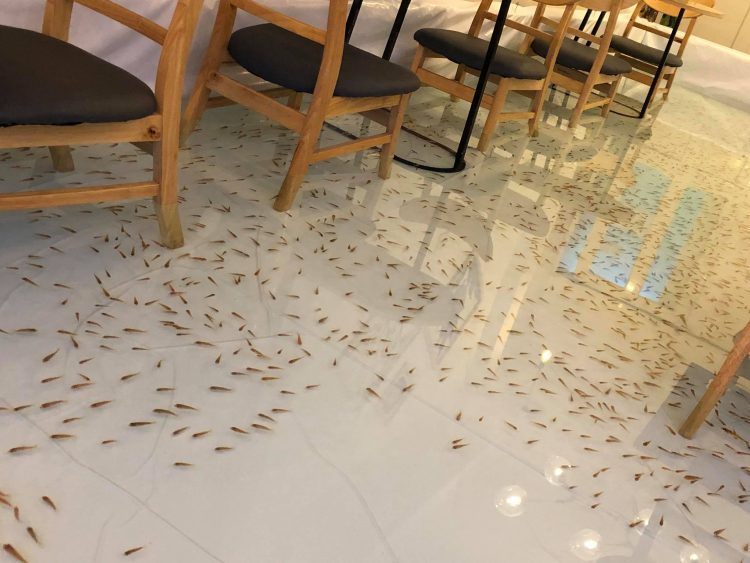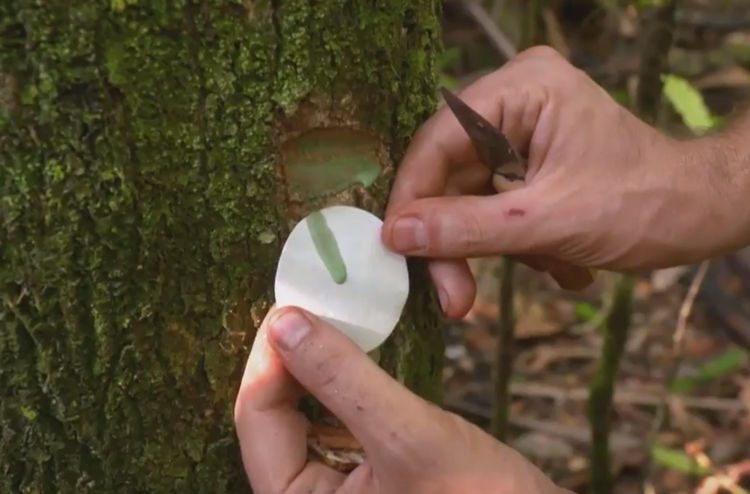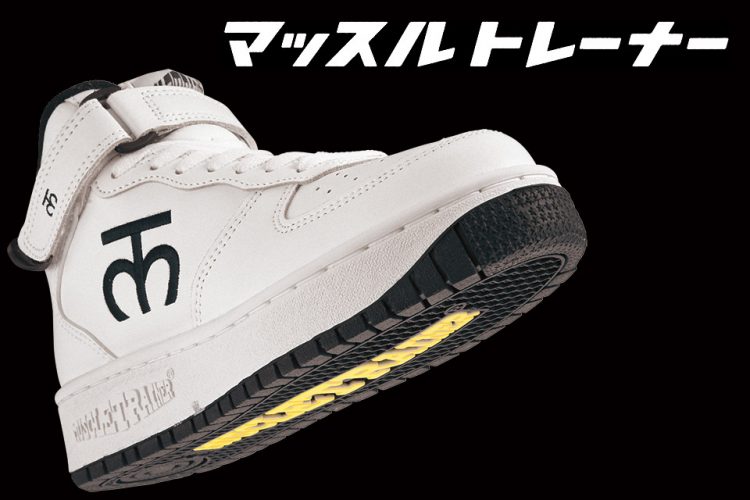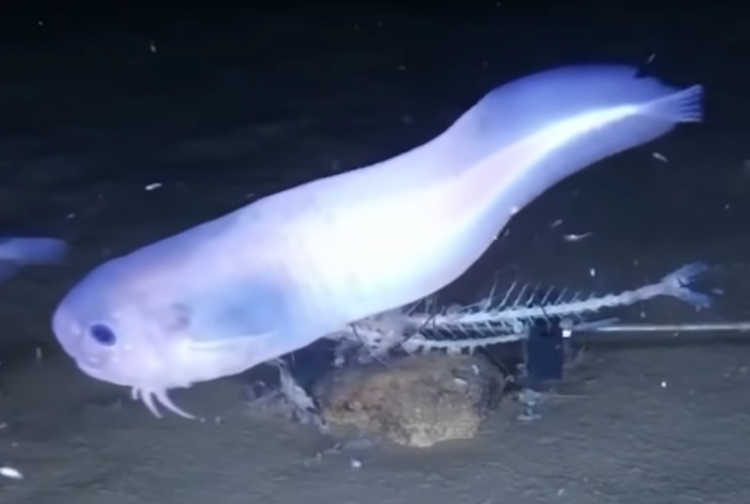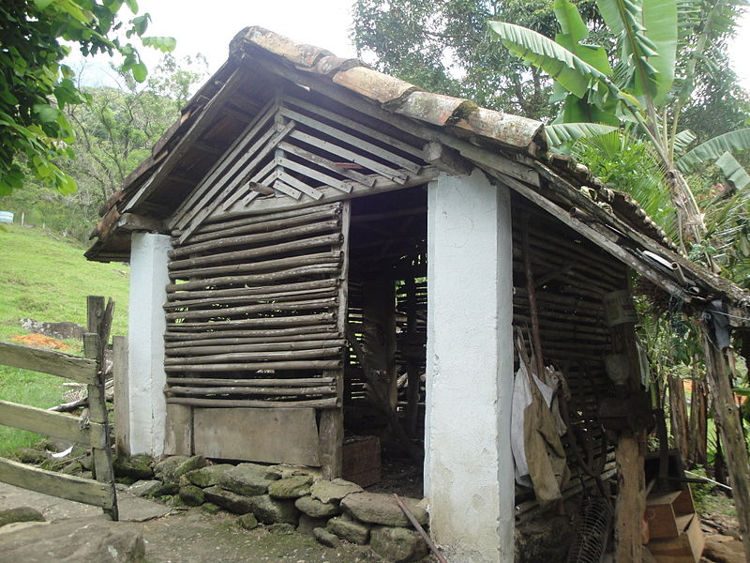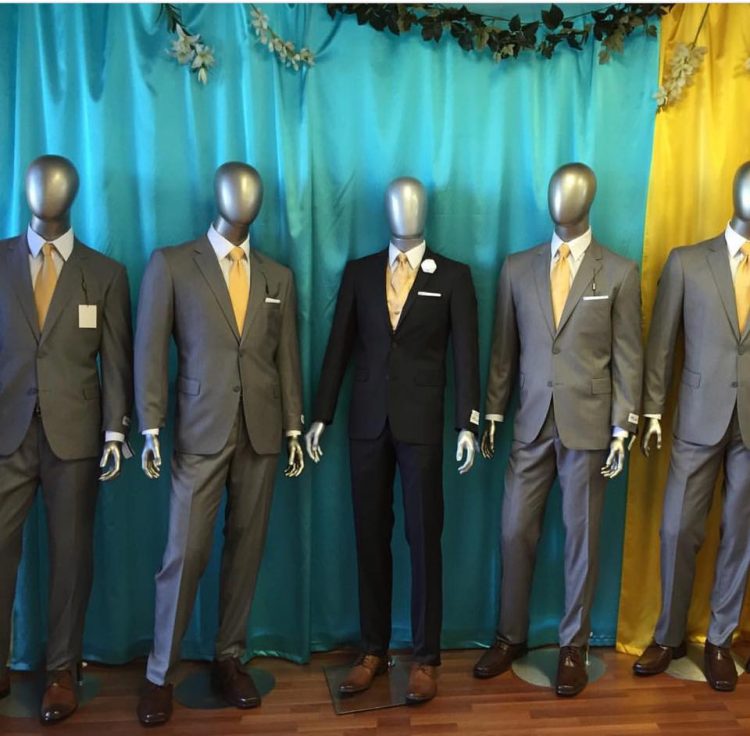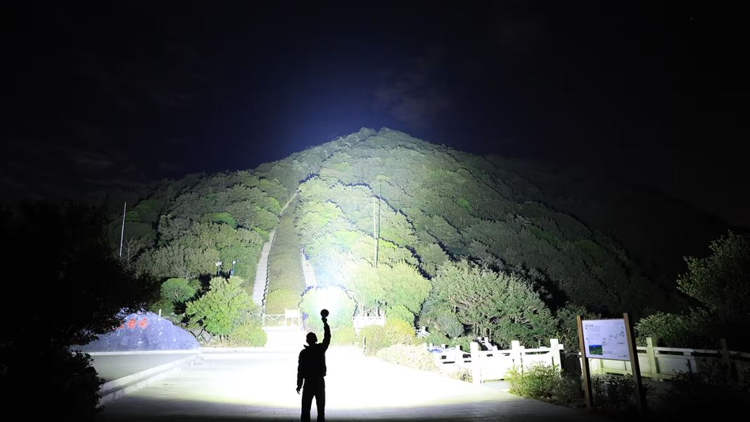We’ve seen a lot of interesting dating services in the last few years, like Hater, an app that matches people by things they both hate, Dating AI, a service that lets you date people who look like your favorite celebrities, or Trump Singles, a dating site catering exclusively to Donald Trump supporters. But if you prefer a more scientific approach to dating, you may want to try Pheramor, a unique dating service that matches people by chemical compatibility, by analyzing and comparing their DNA.
Pheramor’s approach to finding suitable matches for singles is a bit different than that of most dating services. For $29.99, the company will ship users a DNA kit containing a buccal swab that they have to return for analysis after swabbing the inside of their cheeks. Pheramor will then analyze the samples and sequence 11 genes allegedly linked to attraction and compares the results with others in its database to determine chemical compatibility. The company then sends the user three potential match in their area (with their photos blurred) every day, each graded from 0 to 100, based on estimated compatibility.



